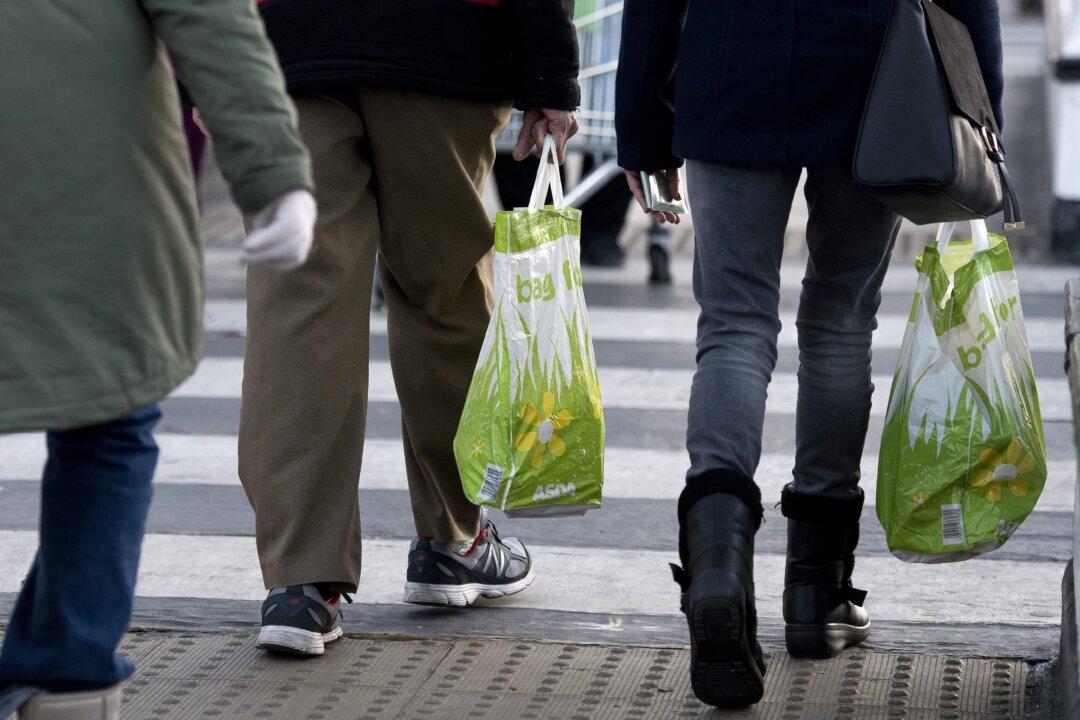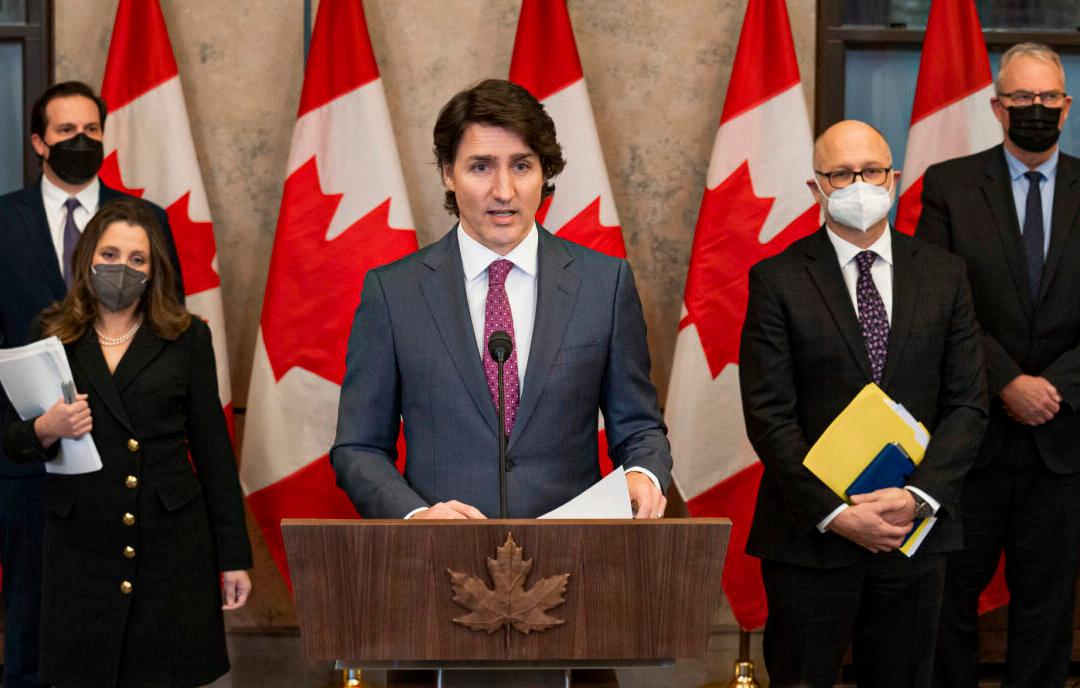VANCOUVER—A local business owner’s frustrations with Vancouver’s new single-use plastic ban highlights some experts’ concerns that the well-intended green policy may actually lead to unintended environmental consequences.
On Jan. 1, the City of Vancouver introduced a ban on plastic shopping bags, along with new mandates for businesses to charge consumers an extra 25 cents on disposable cups, 15 cents for paper bags, and $1 for reusable bags.





